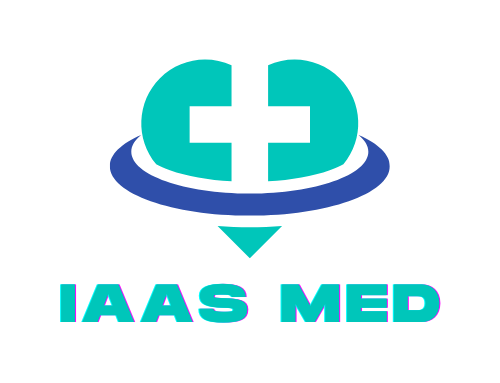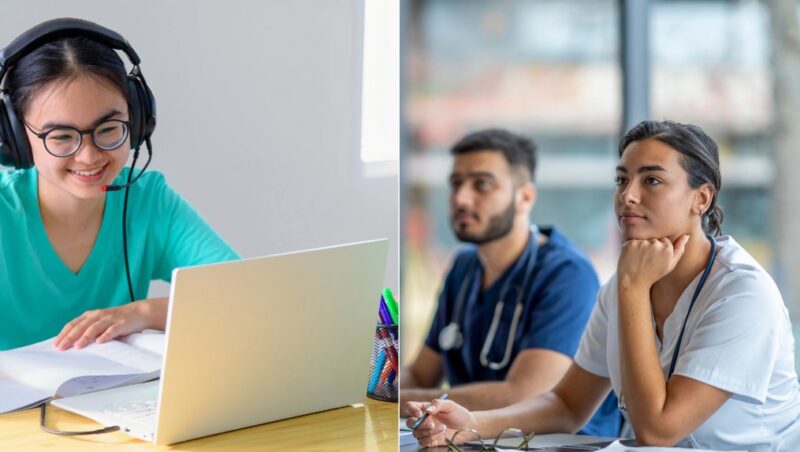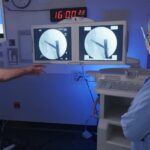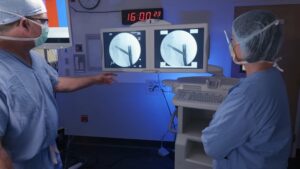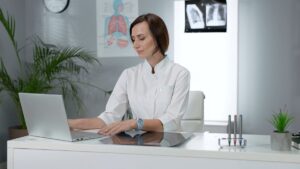For quite a long time, even thinking about getting an online degree was not considered serious. There have been many online colleges since the introduction of the Internet, but the fact is that most of them were quite poor in the ability to offer knowledge and a chance to progress in careers.
But things started to change in recent years with the development of new technologies. Professors can stream their lectures, and people can communicate through video calls. Therefore, in-person studying is not so essential anymore.
Still, it is important to choose a well-known school, especially when it comes to fields like medicine and pharmacy.
You can be sure that you will get the right knowledge if you choose http://pharmdonline.findlay.edu/
In this article, we’ll compare online Pharm.D. programs to traditional on-campus programs in terms of quality, results, and student experience.
Are Online and On-Campus Equally Challenging?
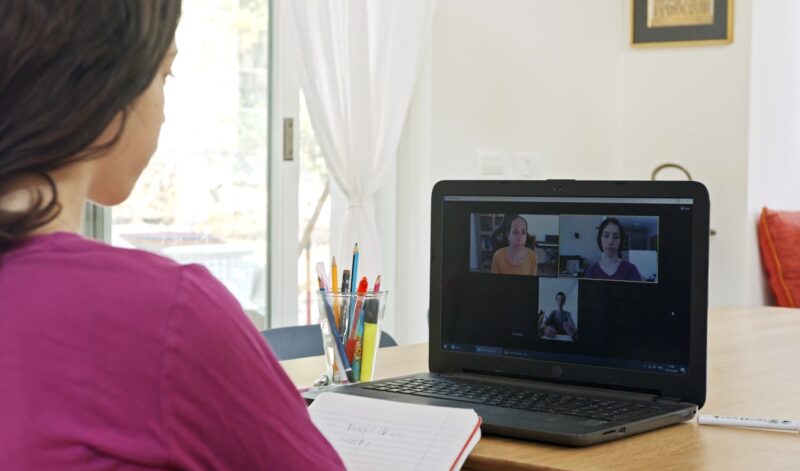
It makes sense to wonder if online school can measure up to regular classes. The good news is that both types of programs aim to teach the same important lessons for becoming a pharmacist.
No matter which option you choose, the topics covered and overall plan of study will be very similar. The main difference is that online means learning on your own schedule instead of set class times. But don’t worry – you can still connect with teachers and classmates through discussion boards and video calls.
The amount of work will stay the same too, it just may look different than passing notes in the back of a classroom.
Flexibility and Accessibility
Online programs make it easier for people to get their education. You don’t have to drive to campus every day. As such, it opens the door for those living far away or who can’t travel as much.
Besides that, online schools usually let you start at different times of the year. That way you pick when the timing works best for your life.
Clinical Rotations and Practical Training
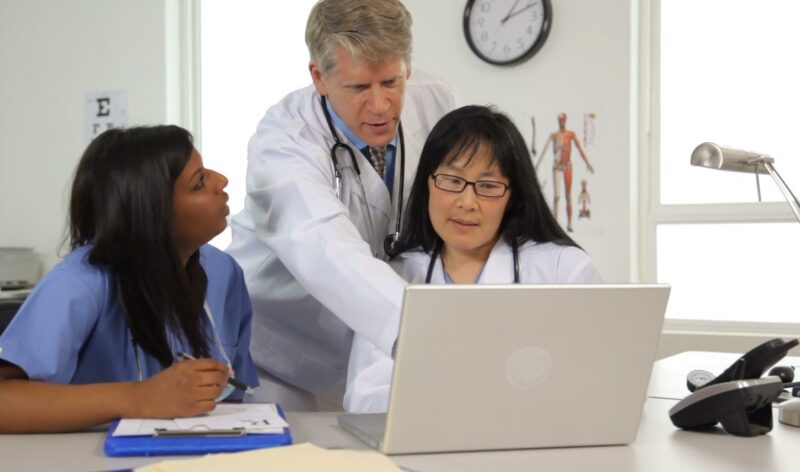
Ensuring students have opportunities to gain hands-on experience through clinical rotations is a vital part of any pharmacist training program. In traditional on-campus models, learners benefit greatly from access to a wide network of local healthcare facilities. This allows for valuable interactions with patients, medical professionals, and observation of diverse clinical scenarios first-hand. Such immersive experiences are highly effective in helping students strengthen practical skills and develop confidence.
Online Pharm.D. programs have made commendable advancements in facilitating virtual clinical learning as well. While in-person patient interaction may not be feasible, innovative simulation technologies aim to provide simulated practice environments that closely replicate real-world situations. Through tools like virtual case studies, online learners can hone critical thinking, and decision-making abilities and apply knowledge in a practical format.
It is prudent to note availability of clinical placement sites may understandably vary between programs due to logistical factors. Some online options have formed strategic partnerships that permit completing rotations locally. However, additional travel could be necessary in certain cases
Success Rates

There are various important metrics for evaluating program achievement, such as graduation percentages, licensure exam pass rates, and career outcomes. Research has shown online Pharm.D. programs demonstrate comparable levels of success to traditional campus-based models.
Graduates of online options have demonstrated the same academic proficiency in meeting requirements and attaining passing scores on licensing tests, allowing them to become registered pharmacists. They have also secured employment across diverse pharmacy settings including community pharmacies, hospitals, and research facilities.
It is only fair to note achievement rates can fluctuate between specific programs due to factors like program quality, learner dedication, and academic support services. Both online and on-campus programs work diligently to equip students with the education and resources needed for success. While data affirms overall parity, open discussion of individual program statistics could offer further insight.
Main Challenge of Online Education
Without in-person classes to structure your time, it’s easy to fall behind if you don’t stay on track in online learning. Learners must take responsibility for managing schedules, staying motivated to complete coursework, and not procrastinating.
Building connections with teachers and peers can also require more effort online compared to regular campus programs. There, students have the advantage of asking questions in class and networking. For online school, you rely on discussion boards and video calls, so putting in extra effort to communicate is important.
Technical problems pose another challenge. A smooth experience means having reliable internet access, compatible devices, and basic tech skills to troubleshoot issues quickly before they disrupt learning.
Simulating hands-on medical experiences online also presents difficulties compared to real clinical settings. While virtual simulations provide good practice, they may not fully replace interacting with patients in person.
However, many students succeed through self-discipline like sticking to routines. Using available support services from the school also helps, like tutoring. Actively taking part in online student communities further provides valuable connections.
Accreditation and Recognition
The Accreditation Council for Pharmacy Education (ACPE) is the main group that checks pharmacy schools in America. They evaluate both online and on-campus programs to make sure they follow the needed standards. Online Pharm.D. programs get thorough checks from ACPE too before being allowed to run. This makes certain students get a top-quality education no matter which program they choose.
Additionally, do your research on the program’s reputation in the pharmacy field. Look for those that have a strong track record of graduates succeeding and positive reviews from past and current students. Proper accreditation combined with good standing in the community helps ensure an online program will set you up for your career.
Conclusion
Online Pharm.D. programs offer flexibility and accessibility, allowing you to study from anywhere and at your own pace. They can provide rigorous education, comparable success rates, and opportunities for virtual clinical experiences. However, they require self-discipline, and effective time management, and may have limitations in terms of face-to-face interactions and hands-on training.
In the end, the point is that it is all up to you, so make sure to compensate for the lack of in-person meetings by researching additional materials related to your studies.
